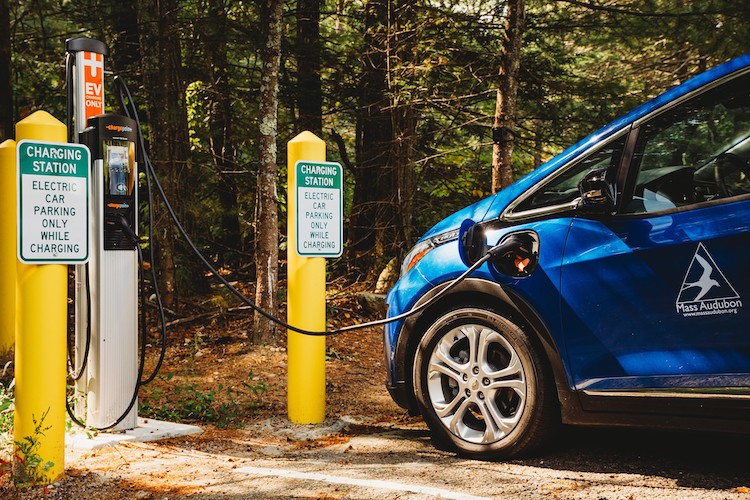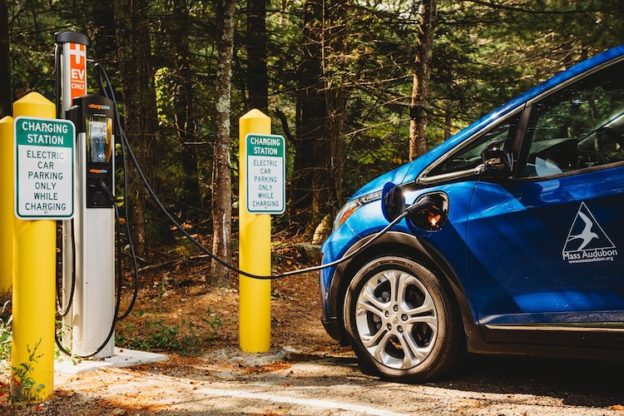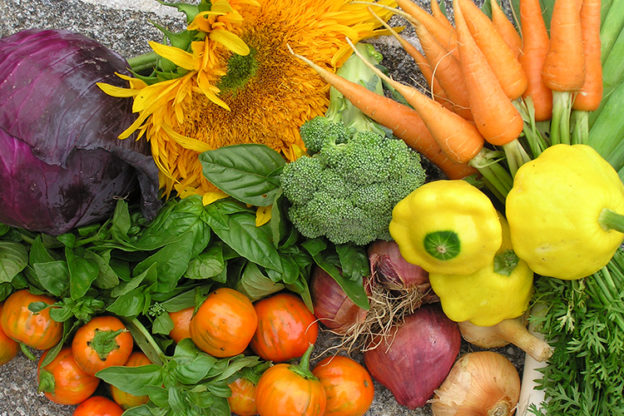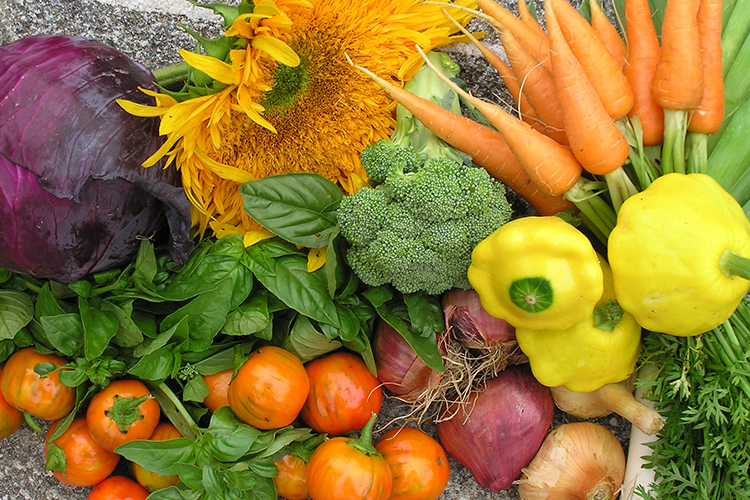A new year marks a time for reflection and goal setting. What have we accomplished? What does the future hold? When it comes to the climate crisis, those questions invite some concerning responses.
We know the last decade alone included eight of the 10 warmest years since measurements began. Hurricanes, wildfires, and extreme flooding have contributed to extraordinary economic loss, not to mention a devastating loss of human and ecological life.
The Intergovernmental Panel on Climate Change (IPCC) told us that we have a limited amount of time to right the ship. All of this while the current Federal administration has completed rollbacks of almost 60 environmental regulations, with dozens more under attack.
But, we also saw some real progress on climate change in the past decade.

The Paris Agreement was drafted and signed by almost every country on Earth. Solar energy production increased by about 900 percent between 2010 and 2018 and wind energy is estimated to have tripled. We also witnessed an unprecedented number of youth-led climate strikes, calling on our global leaders to treat the climate crisis as just that — a crisis.
We ended the decade with higher public acknowledgement of the fact that the planet is warming. Now, it is time for us to turn that knowledge into action. One way to do that is by reducing our transportation emissions – a significant contributor to our warming planet.
The Transportation Climate Initiative
The transportation sector is currently responsible for more than 40% of climate-changing greenhouse gas emissions in Massachusetts and the soot and smog from cars and trucks are major contributors to lung disease and other health problems across the region.
In order to reduce transportation emissions Massachusetts is joining 12 states and Washington D.C., proposing something called The Transportation Climate Initiative (TCI). This ambitious regional initiative can combat climate change by reducing carbon emissions and investing in sustainable transportation infrastructure.
TCI could drastically change the face of transportation throughout the region by:
- developing the clean energy economy
- reducing carbon emissions from the transportation sector
- increasing sustainable transportation options
TCI takes a “cap-and-invest” approach to addressing climate change. It requires local fuel suppliers to purchase allowances for every ton of carbon their fuel would emit when burned. This emissions cap would be brought down over time. The sale of allowances could generate up to $500 million a year for Massachusetts, which would be used to develop cleaner and more efficient transportation options.
Speak Up for Climate Action
If we have learned anything from the past decade, it is that we must advocate for climate action with courage, honesty, and urgency like we have never done before. TCI is one of several milestone decisions coming in front of our state and federal legislators in the coming year, and we need you to use your voice and share your support.
TCI leaders released a draft agreement known as a Memorandum of Understanding (MOU) and it is open for public comment. Let decision makers know you are excited to see a high-impact, regional approach to tackling carbon emissions moving forward. Submit comments by February 27, 2020.
Make no mistake, history books will look back on the 2010s as the decade when the climate crisis became real, tangible, and undoubtedly urgent. How will they describe the 2020s? It’s on us to decide.




